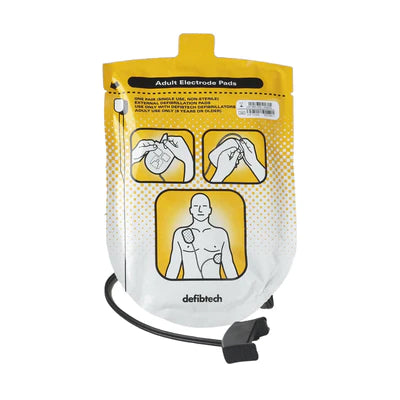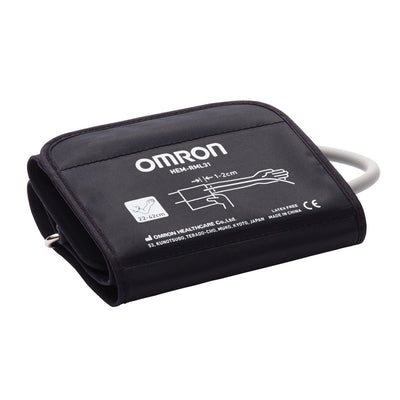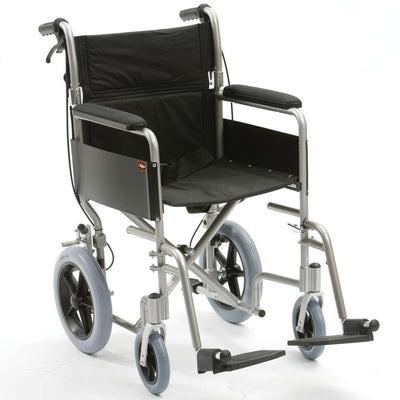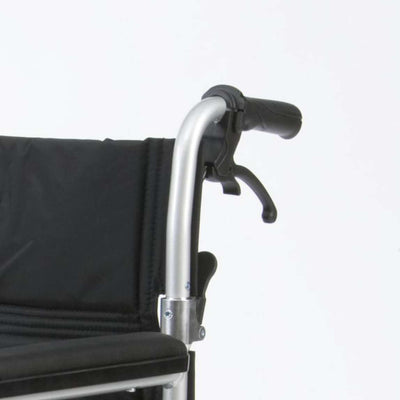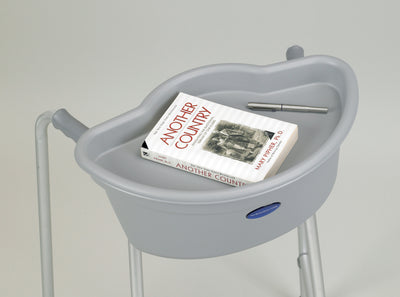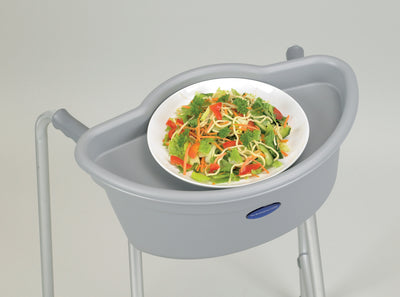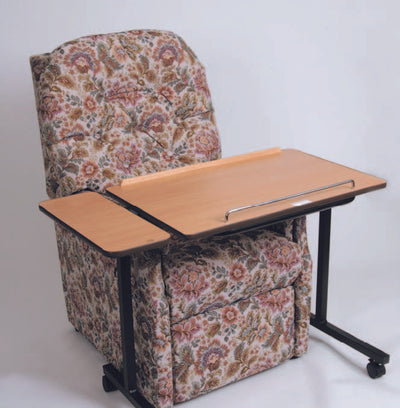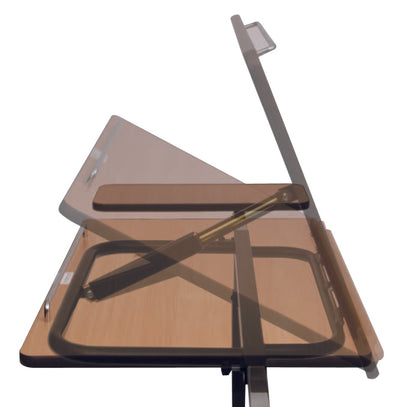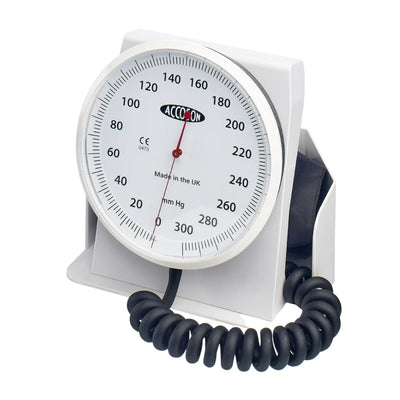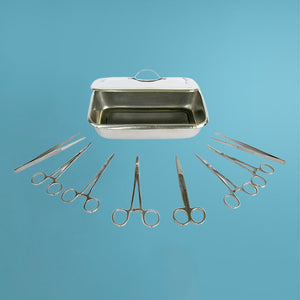Wheelchairs require regular maintenance to stay in excellent condition. Appropriate care and upkeep not only help ensure that the wheelchair performs properly but also prolongs the chair's life while preventing costly repairs.
Wheelchairs are a fundamental tool for those with mobility needs. Proper maintenance is essential to ensure safety, efficiency, and longevity.
This article focuses on the importance of wheelchair maintenance, the different components of wheelchairs, maintenance procedures, and common wheelchair issues.
Why is wheelchair maintenance necessary?
According to Physiopedia, "an estimated 131.8 million people (or 1.85% of the global population) require a wheelchair." Wheelchairs are critical for improving the quality of life, independence, and mobility of those with physical impairments.
Wheelchair users are highly dependent on the quality and condition of their wheelchairs to remain safe, healthy, and mobile. For some, wheelchairs are an everyday necessity, and for others, they're used in healthcare settings like hospitals, step-downs, or nursing facilities.
Wheelchair users have varying needs, and while wheelchairs are meant to protect and support the user, they also may result in an array of wheelchair-related injuries when proper safety precautions are not taken.
Wheelchairs often require a substantial investment, so it's beneficial to ensure they are properly maintained to avoid any surprise costs.
Properly maintained wheelchairs can provide a wide variety of benefits, including:
Independence: An efficient, well-maintained chair allows for greater mobility and independence. This means that users can rely on it to function under any circumstance.
Safety: Regular maintenance helps prevent unforeseen malfunctions, thus reducing the chances of injury or accidents. With regular maintenance, you can proactively address any safety risks before they evolve into more significant issues, such as loosened bolts or tires needing replacement.
Comfort and Support: Using a wheelchair that is stiff and unresponsive can be uncomfortable for the user. Regular maintenance helps to ensure the chair is in top condition and provides a comfortable ride.
With adequate wheelchair maintenance, users can rest assured that their chair is functioning optimally and will provide them with the independence, safety, and comfort they need.
The consequences of poor maintenance
Wheelchairs are typically used by people with mobility impairments, and it is essential that they operate reliably.
Poorly maintained wheelchairs can cause a wide variety of problems, including:
Immobility: For many wheelchair users, a wheelchair acts as a mode of mobility. So without a dependable chair, daily life can become significantly challenging. It's not just a piece of equipment but a means to achieve independence and freedom.
Malfunction: Failing to properly care for a wheelchair can lead to an increased risk of injury. Poorly maintained wheelchairs may malfunction at the most inconvenient times, causing discomfort, distress, and even potential accidents.
Deterioration: As with any product, regular maintenance is required to keep them in good condition. Properly caring for a wheelchair can result in an increased lifespan instead of costly repair or replacement.
Diminished user comfort: Wheelchair users tend to rely on the comfort of their chair, so if it is not adequately maintained, it can result in reduced shock absorption and impair smooth transportation.
With inadequate wheelchair maintenance, you risk having rides that are not only uncomfortable but also unreliable and hazardous.


